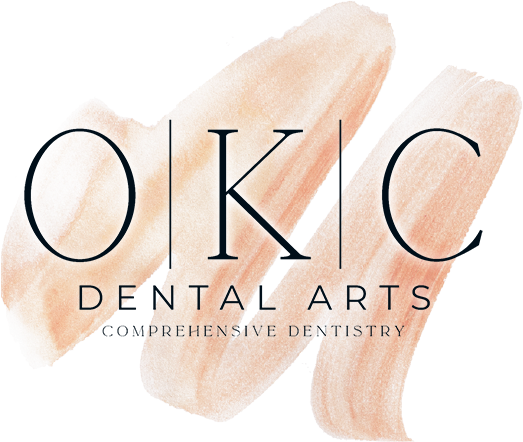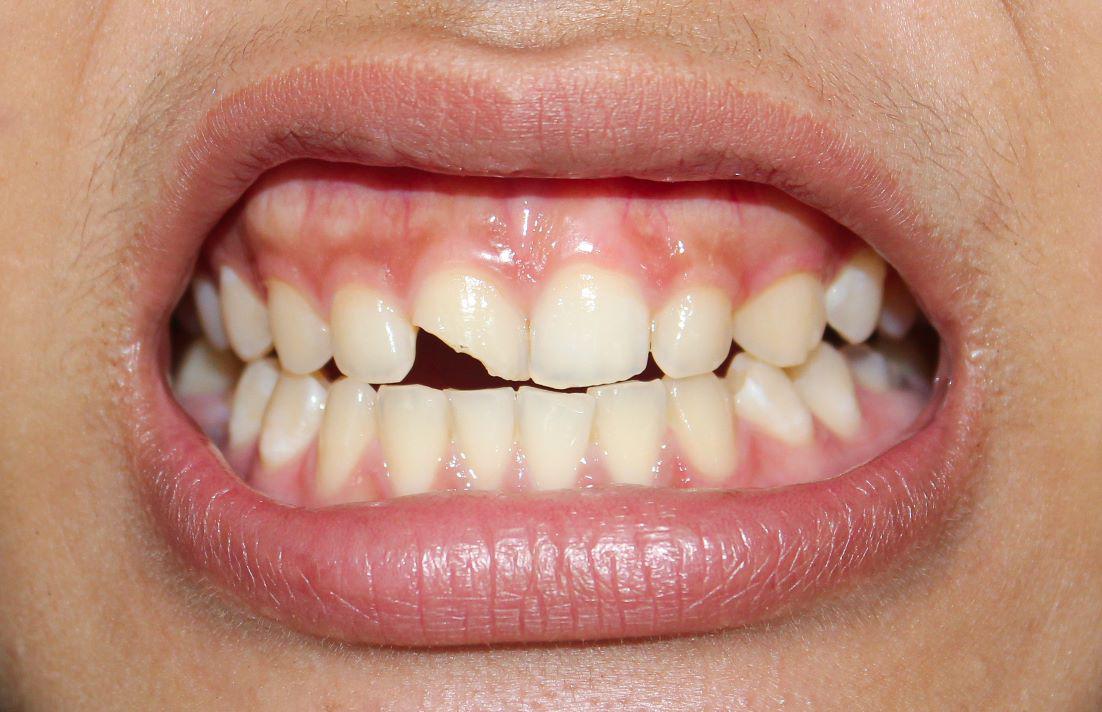A chipped tooth can happen when you least expect it—whether from biting down on something hard, a sports injury, or even a simple accident. While some chips may seem minor, they can affect more than just your appearance. A chipped tooth can weaken the structure of your smile, create sensitivity, and even leave you vulnerable to further damage or decay. If you’ve chipped a tooth, it’s important to see your dentist promptly. The good news is that modern dentistry offers several effective treatments to restore both the look and function of your tooth. If you’ve been living with a chipped tooth, schedule a consultation today to explore your options and protect your smile.
Dental Bonding for Small Chips
For minor chips, dental bonding is often the simplest and most cost-effective solution. In this procedure, your dentist applies a tooth-colored resin directly to the damaged area, shaping it to match the natural contour of your tooth. Once hardened with a special light, the bonding blends seamlessly with your smile. Bonding is ideal for small chips on front teeth and can usually be completed in a single visit. While not as durable as other options, it provides an affordable way to restore appearance and protect the tooth from further wear.
Veneers for Cosmetic Restoration
If the chip is more noticeable or if you are looking for a long-term cosmetic solution, veneers may be the right choice. Veneers are thin shells made of porcelain or composite that cover the front surface of the tooth. They not only conceal chips but can also address discoloration, minor misalignment, and uneven shaping. Veneers are strong, stain-resistant, and can last for many years with proper care. They are especially popular for repairing chips on front teeth because they provide a natural-looking, uniform smile that boosts confidence.
Crowns for Larger Damage
When a chip is more severe and affects a larger portion of the tooth, a dental crown may be recommended. A crown is a cap that covers the entire visible portion of the tooth, restoring both function and strength. Crowns are typically made from porcelain, ceramic, or a combination of materials, and they are designed to match the color of your natural teeth. This option not only repairs the damage but also protects the tooth from further breakage or decay. Crowns are an excellent long-term solution for significant chips, especially in teeth that endure heavy chewing pressure.
Inlays and Onlays for Moderate Chips
For chips that are too large for bonding but not extensive enough for a crown, inlays and onlays may be the perfect middle ground. These restorations are custom-made in a dental lab and then bonded to the tooth. Inlays fit within the cusps of the tooth, while onlays extend over one or more cusps. Made from durable materials like porcelain or composite, they provide strength and protection while preserving more of the natural tooth structure compared to a crown.
Root Canal Therapy for Severe Cases
In some cases, a chip can extend deep enough to expose the pulp of the tooth, where nerves and blood vessels are located. This often results in pain, sensitivity, or even infection. When this happens, root canal therapy may be necessary. During the procedure, the infected or damaged pulp is removed, and the tooth is sealed before being restored with a crown. While it may sound intimidating, root canal therapy can save a severely damaged tooth and prevent the need for extraction.
Why You Shouldn’t Ignore a Chipped Tooth
Even if a chip doesn’t cause immediate pain, leaving it untreated can lead to more serious issues. Sharp edges may irritate your tongue or cheeks, and exposed enamel can make the tooth more vulnerable to decay. Over time, the chip could grow larger, requiring more extensive treatment. Seeking prompt dental care allows your dentist to recommend the most conservative and effective solution, saving you both time and money in the long run.
Preventing Future Chips
While accidents can’t always be avoided, there are steps you can take to lower your risk of chipped teeth. Wearing a mouthguard during sports helps protect against injuries, while avoiding chewing on hard objects like ice, pens, or popcorn kernels reduces unnecessary stress on your teeth. If you grind your teeth at night, a custom nightguard can provide crucial protection. Regular dental visits also allow your dentist to spot early signs of weakness or wear before they result in chips or fractures.
Restore Your Smile with Confidence
A chipped tooth doesn’t have to affect your comfort or your confidence. With options ranging from bonding and veneers to crowns and root canals, modern dentistry makes it possible to restore your smile no matter the extent of the damage. The key is seeking treatment quickly to prevent further complications. If you’ve recently chipped a tooth or have been living with one for awhile, schedule an appointment today to explore your repair options.


